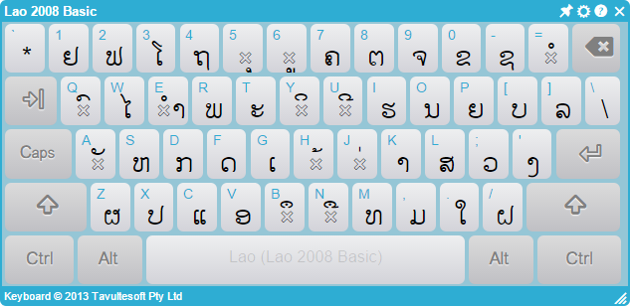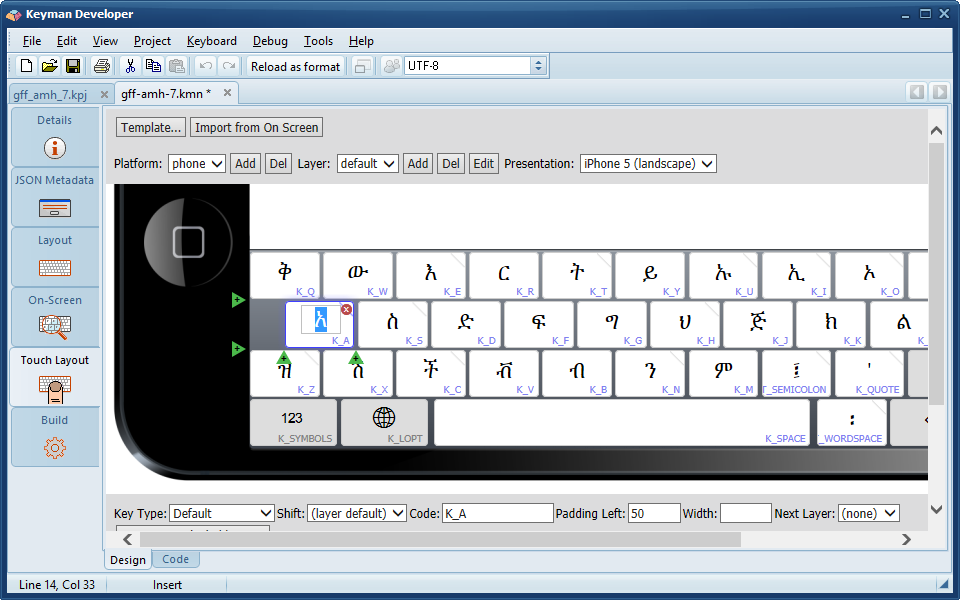Maybe when you picture language development projects, you imagine someone sitting at a wooden table in a tropical village writing out materials by hand on paper. However, it is of course the case that computers have transformed the task of developing literacy materials as they have with many other things, and I have been privileged to have played a small part in that for the last 25 years.
Let me explain. When I was a teenager, growing up in Laos with my family, my father was working with Lao on computers. Now, there was no good way to type Lao language into Microsoft Windows and Word and other programs at the time. This was back in the early 1990’s. So he asked me to have a go at trying to write a program to solve this problem. The program I came up with I called Keyman, and it let you use an English keyboard to type in Lao characters.

Pretty soon, other people we knew in South East Asia heard about Keyman, and saw that it could meet their needs in the languages they were working with. So I rewrote Keyman to make it possible for anyone to build a keyboard for their language, and ever since I have been making Keyman available around the world, running it as a business since the late 1990’s.
Keyman has already been used by hundreds of language development projects to enable input of minority languages that otherwise have no computer industry support. But one of the biggest ongoing tensions in developing Keyman has been to make it commercially viable, so that I could continue to spend most of my working week on it and make enough to live on, and yet continue to support literacy projects and other development projects that are rarely able to pay for the software.

So it was an answer to prayer when I was approached by SIL, to talk about how we could work together to make Keyman freely available. Now we are journeying with SIL, having made Keyman into an Open Source program, freely available to anyone who needs it, in the hope that it may become a sustainable resource for literacy and development for any and every minority language group in the world.
– Marc Durdin